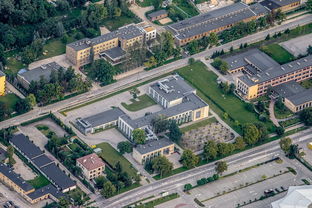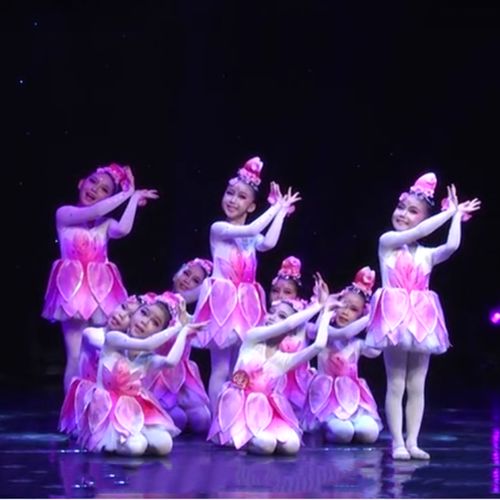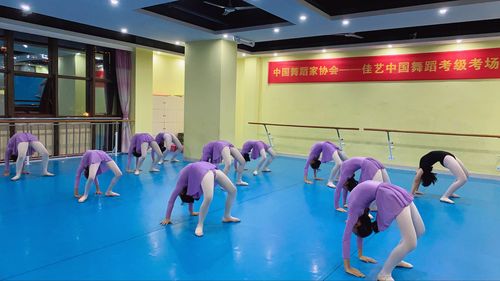Poetry Characteristics
Poetry is a form of literary art that uses aesthetic and rhythmic qualities of language to evoke meanings in addition to, or in place of, the prosaic ostensible meaning. Poetry has several distinguishing characteristics, including:
1. Imagery: Poetry often uses vivid and sensory language to create mental images, engaging the reader's imagination and emotions.
2. Rhythm and Meter: The rhythmic and metrical aspects of poetry contribute to its musical and lyrical quality, setting it apart from prose.
3. Structure: Poems generally have a specific structure, which can include stanzas, rhyme schemes, and line breaks, adding to its aesthetic appeal.
4. Figurative Language: Poetry frequently utilizes figurative language such as metaphors, similes, and personification to convey emotions and meanings in a condensed form.
5. Emotional Expression: Poetry is often a means of expressing intense emotions, thoughts, and experiences in a profound and impactful way.

6. Economy of Language: Poets use precise and concise language to convey complex ideas and emotions, often relying on symbolism and ambiguity.
7. Subjectivity: Poetry allows for subjective interpretation, inviting readers to relate to the work based on personal experiences and perspectives.
These characteristics collectively contribute to the distinctiveness of poetry as a form of literary expression, offering unique opportunities for creativity and emotional connection.











